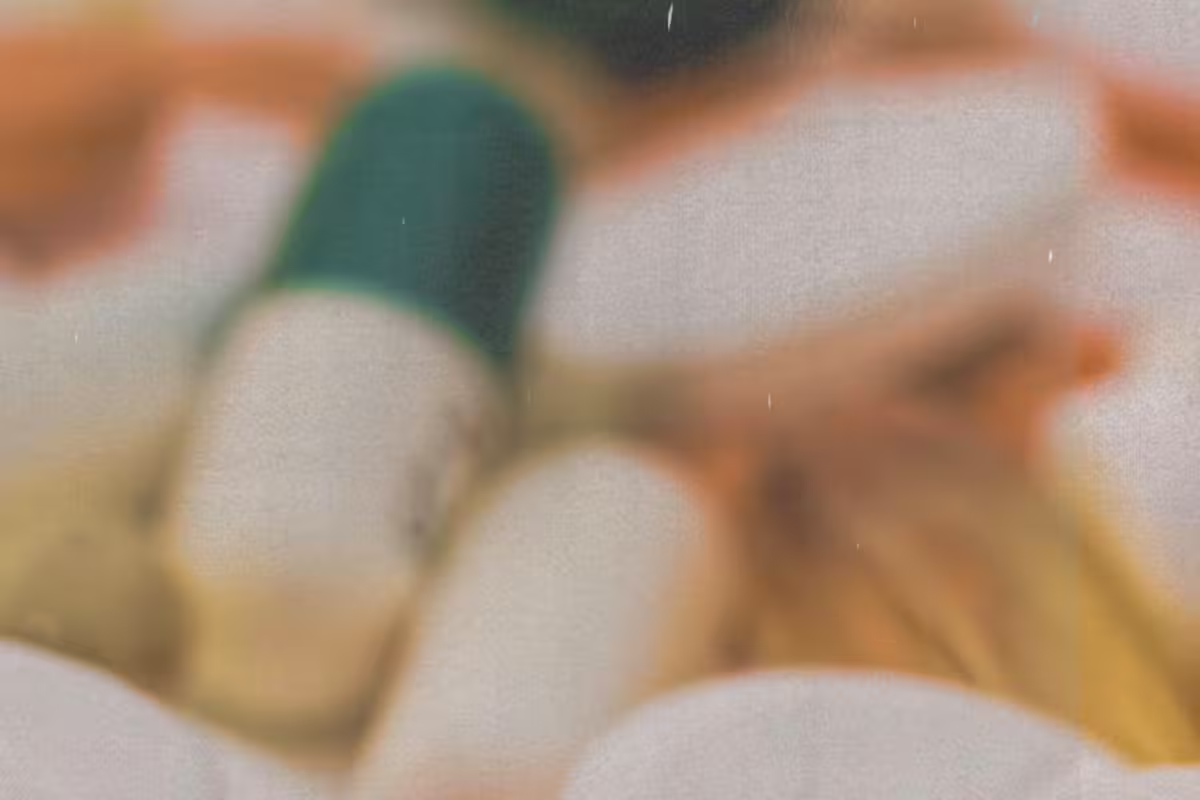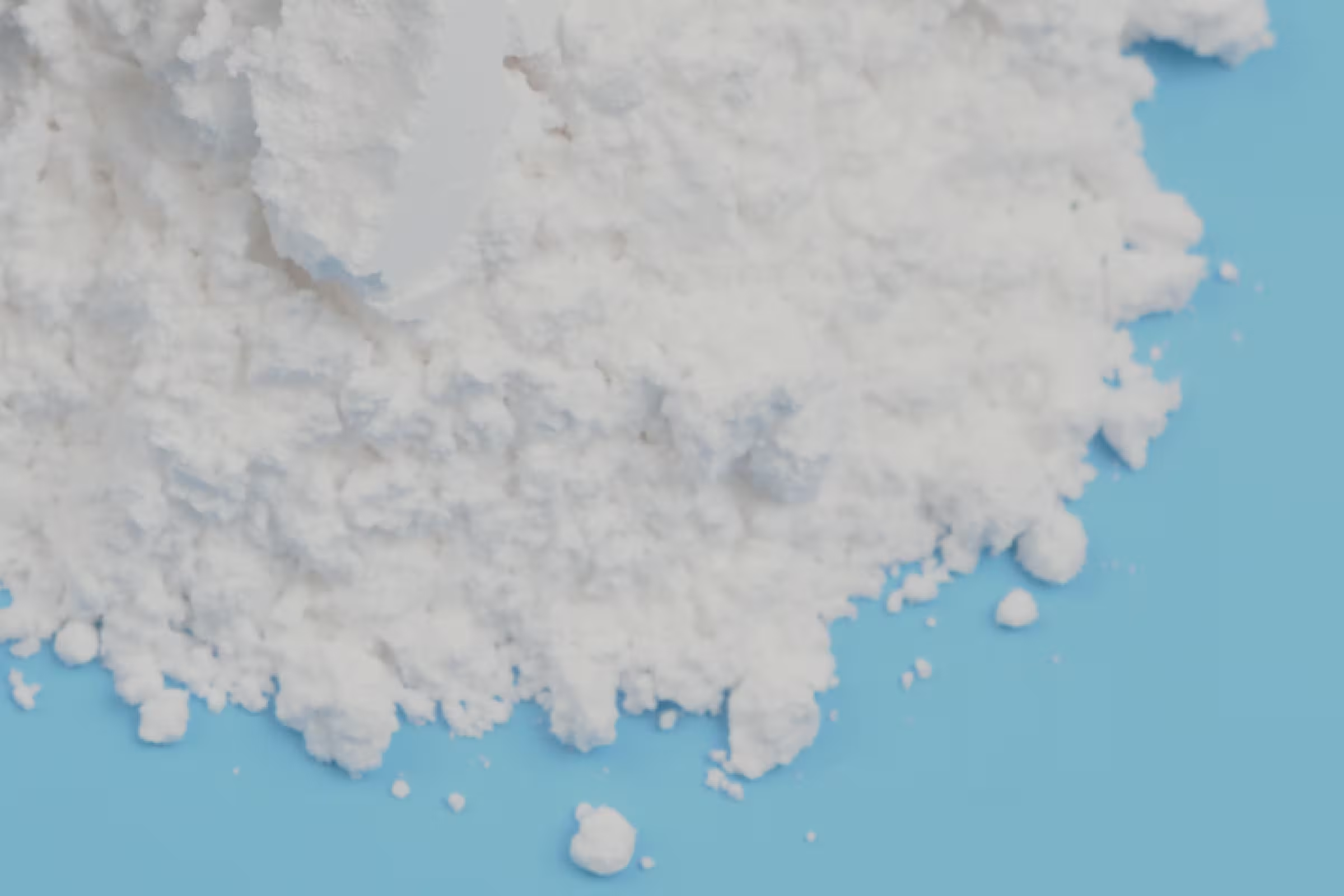

The Connection Between Pubic Hair and Yeast Infection
Wondering if your shaving routine is linked to yeast infections? Here’s what to know about pubic hair and vaginal health.
Words by Dr. Meagan Hamblin, PhD
Scientifically edited by Dr. Krystal Thomas-White, PhD
Medically reviewed by Dr. Christine Vo, MD
Shaving, waxing, sugaring, creams, electrolysis, laser — it feels like every year there’s some new way to remove pubic hair that we get ads for on social media.
But can removing pubic hair influence our vaginal health? Considering that over 80% of U.S. women have tried some form of pubic hair removal in their lifetime, it seems like an obvious question to ask.
Unfortunately, the research is scant on this topic (thanks, gender health gap) but we’re highlighting what science does know below.
Is shaving pubic hair more hygienic?
In brief, no. Humans have pubic hair for a reason — several, actually. Pubic hair acts as protection: it helps reduce friction during sexual activity, thereby preventing skin infections. It also acts as a protective barrier against bacteria, dirt, and other pathogens, reducing the risk of infections in the pubic area. Having a full bush doesn't inherently make you less hygienic, and removing your pubic hair doesn't inherently make you more hygienic.
If you want to keep yourself clean, all that’s needed is warm water and maybe a bit of unscented soap for the vulva (the external genitalia). Whether you have pubic hair or not, you should wash your vulva with water regularly.
Your vagina, on the other hand, is a naturally self-cleaning organ, so removing your pubic hair is pretty much a cosmetic decision and down to personal preference.
Why do people with vaginas remove their pubic hair?
A 2019 study on the psychology underlying hair removal found that the main reason people prefer to remove their pubic hair is because of societal expectations.
Many women report feeling more comfortable and confident in their sexuality as reasons for hair removal.
If you do decide to ‘go bare’ down there, you may even have fun and make a friend along the way. One recent study showed that women who go to a salon for hair removal form meaningful connections with their esthetician and have a generally safe and positive experience.
The only medical reason you might want to consider removing pubic hair is if you believe you have pubic lice (sometimes called “crabs”). These are parasitic insects that are similar to the head lice you probably encountered in elementary school. Pubic lice live in pubic hair specifically and are transmitted from a sexual partner.
Symptoms and signs of infestation include:
- Visibly seeing a louse in your pubic hair
- Itchiness
- Red papules on the skin around and under your pubic hair
- Rust/brown deposits.
Getting rid of your pubic hair can be one of the multiple treatment strategies to remove pubic lice.
Are there any health risks associated with pubic hair removal?
Getting rid of body hair is totally a personal choice, but it’s good to know there can be some health risks that come along with it. Whether you’re shaving, waxing, or lasering, removing hair down there can sometimes lead to things like irritation, ingrown hairs, or even minor infections.
Shaving
Of the different methods available to remove pubic hair, a 2010 study found that shaving was both the most popular method used and the method most likely to cause a health issue.
Common medical issues that arise from shaving include skin abrasions and ingrown hairs. Though these can be frustrating and painful, the good news is that they can usually be treated at home. If ingrown hairs persist and are a chronic problem, you should consider discussing treatment options with your doctor.
Waxing, depilatory creams, and laser hair removal
The most common injury associated with waxing, depilatory creams, and laser hair removal is skin burns, which may require medical attention depending on the severity.
Hair removal can also cause folliculitis. This happens when individual hair follicles become inflamed and infected by microbes that live on the skin.
If you feel concerned or nervous about these potential outcomes or are currently dealing with a hair-related medical problem, don’t hesitate to bring it up with your healthcare provider or dermatologist at your next appointment. They are the best people to give you expert and personalized advice on which hair removal options are best for your body and lifestyle.
Can shaving cause yeast infection?
Right now there's no publicly available scientific evidence on whether or not removing pubic hair correlates with yeast infections or bacterial vaginosis (BV).
There is, however, one study published in 2021 which looked at vaginal microbiomes and how they relate to changes in pubic hair in 43 participants.
The good news is that it doesn't make a difference for your vaginal health whether you like to have hair or go bare. The study found that there were no significant differences at baseline between the participants who had pubic hair and the participants without.
But once participants switched to either growing out their pubes or removing pubic hair, researchers did find that the vaginal microbiomes changed relative to control participants who did not alter their habits.
This means that either removing or not removing pubic hair itself isn’t associated with a particular state of the vaginal microbiome, but changing your habits could lead to a shift.
Like many other things related to vaginal health, we need way more studies, with more participants, looking specifically at yeast infections, BV, and community state types to be able to share specific, science-backed information about hair removal and the vaginal microbiome.
If you're thinking about altering your grooming routine, it might be helpful ordering an Evvy test before and after to help you personally track any changes to your vaginal microbiome and stay informed on what’s going on down there.

Recurrent symptoms? Get Evvy's at-home vaginal microbiome test, designed by leading OB-GYNs.
Does pubic hair removal increase my risk of acquiring an STI?
The answer: it’s complicated. In a 2017 study of over 7,000 people, researchers found that pubic grooming is associated with a greater risk of acquiring a sexually transmitted infection (STI) and that this correlation became stronger for people who more frequently performed pubic hair removal.
Another study published in 2020 found that people who completely removed their pubic hair more than six times a year had a higher chance of acquiring an STI than people who never did.
But, before you start panicking about your bi-monthly Brazilians, remember that a big caveat to these studies is that pubic hair grooming is also associated with a higher rate of sexual activity.
Although researchers adjusted their findings to account for the number of sexual partners, there still could be underlying factors contributing, such as a higher chance of having unprotected sex, or a higher rate of oral sex.
What this means is that while the two are correlated, hair removal by itself isn’t the only cause of increased susceptibility to sexually transmitted infections. It might just mean you are likely to have more sexual encounters, which itself means you’re more likely to be exposed to an STI.
Pubic hair removal and infections on the vulva
There is one possible scenario though when hair removal could directly make you susceptible to infections. This is the case for infections that happen to the skin on the vulva, such as a Staphylococcus aureus skin infection, human papillomavirus (HPV), or a benign viral skin condition called Molluscum contagiosum.
If you go to a salon that uses tools on multiple people to remove pubic hair, you want to be sure that the salon uses sterile and clean tools, workers wear clean gloves, and do everything they can to minimize your risk of being exposed to an infection.
If you remove your own hair at home and are dealing with pain in the pubic area, bumps on your skin, and inflammation, it’s possible that hair removal is contributing to irritation, and further damaging your skin.
In general, if you are experiencing any pain or discomfort in your vaginal area, consider talking to a gynecologist ASAP to get personalized guidance on how to care for yourself, including whether or not to change your hair removal practices. Ultimately, the decision is yours.
FAQ
Does pubic hair increase yeast infections?
No, having pubes doesn’t increase your chances of getting a yeast infection. Yeast infections usually happen when there’s an overgrowth of the fungus Candida, which loves warm and moist environments (like the vagina). While pubic hair itself doesn't directly contribute to yeast infections, improper hygiene or excessive moisture in the genital area (which can happen with or without hair) can increase the likelihood of infections. In fact, hair can have its perks. It can help maintain a balanced moisture level and act as a barrier against unwanted bacteria and irritants. On the flip side, shaving or waxing could lead to some irritation or small cuts, which might make the area a bit more vulnerable to infections.
Is it hygienic to shave pubic hair?
Shaving isn’t necessary for maintaining good hygiene. Whether or not to shave is a personal choice, and it doesn't inherently make a person more or less hygienic. Proper hygiene in the genital area can be maintained regardless of whether you shaving, trimming, or leaving the hair as is.
Can you get a yeast infection from a razor cut?
No, you can’t directly get a vaginal yeast infection from a razor cut. However, if you’re shaving in preparation for a sexual encounter, it’s more likely that having sex is what triggered a yeast infection. Shaving can potentially contribute to skin irritation that looks and feels like a yeast infection, especially folliculitis.
Can shaving throw your pH balance off?
Shaving itself doesn’t directly mess with your vaginal pH, but it can indirectly cause issues that might affect your balance. When you shave, especially if you accidentally nick yourself or cause irritation, it can disrupt your skin’s natural barrier. That irritation or microdamage makes it easier for bacteria or fungi to grow, potentially throwing off the natural balance of bacteria and yeast in your vaginal area. Plus, if you’re using heavily scented shaving creams, soaps, or moisturizers, those can affect your pH. Sticking to unscented, gentle products and keeping your razor clean can help you avoid those problems.
What is the main cause of a yeast infection?
The main cause of a vaginal yeast infection is an overgrowth of a fungus called Candida, usually Candida albicans, which naturally lives in small amounts in your vagina, mouth, digestive tract, and on your skin. Normally, your body’s natural balance of healthy bacteria and yeast keeps Candida in check, but when something disrupts that balance, yeast can multiply and cause an infection. Common triggers include taking antibiotics (which can wipe out protective bacteria), hormonal changes (like pregnancy or birth control), uncontrolled diabetes, a weakened immune system, excessive moisture from tight or damp clothing, and sometimes sexual intercourse. Anything that disrupts your vaginal pH or irritates the area — like scented soaps, douches, or harsh cleansers — can also make yeast overgrowth more likely.





